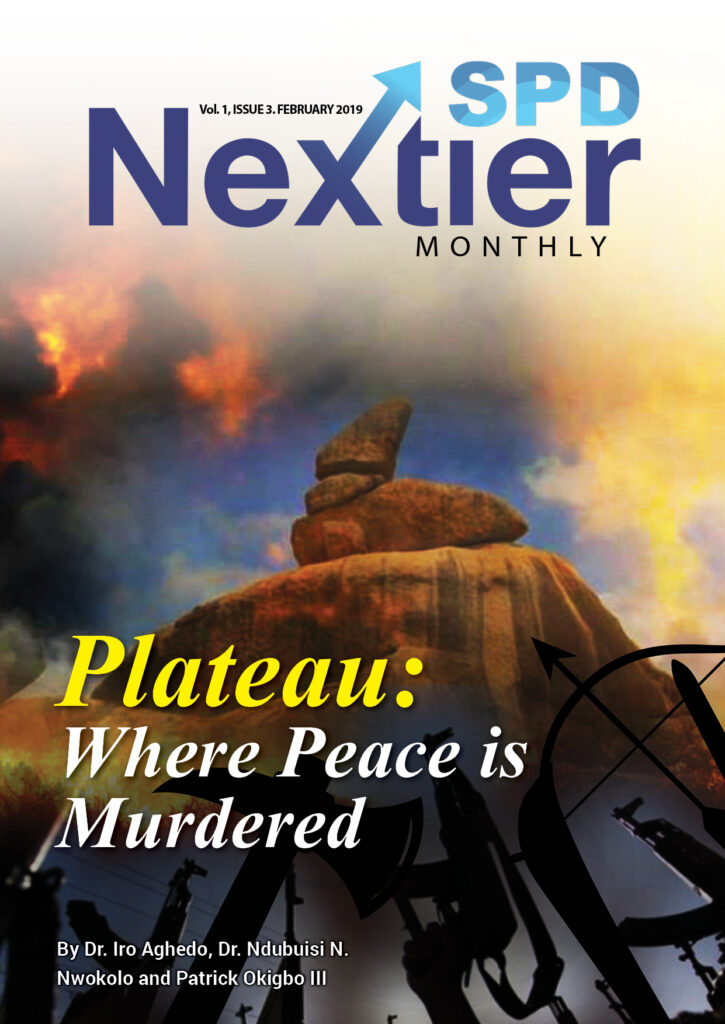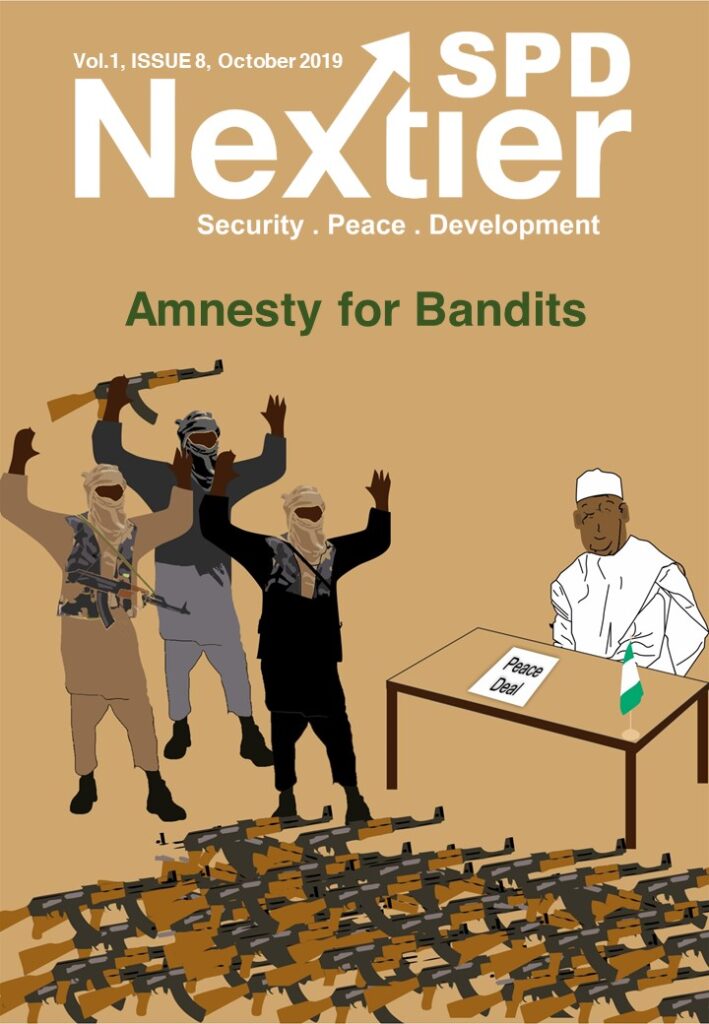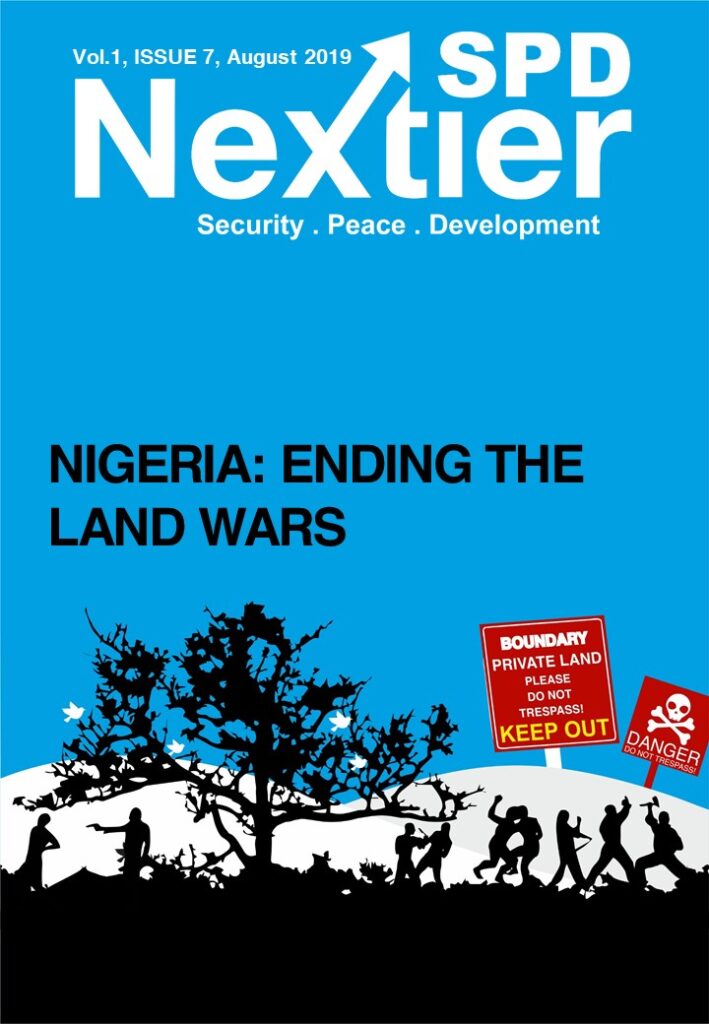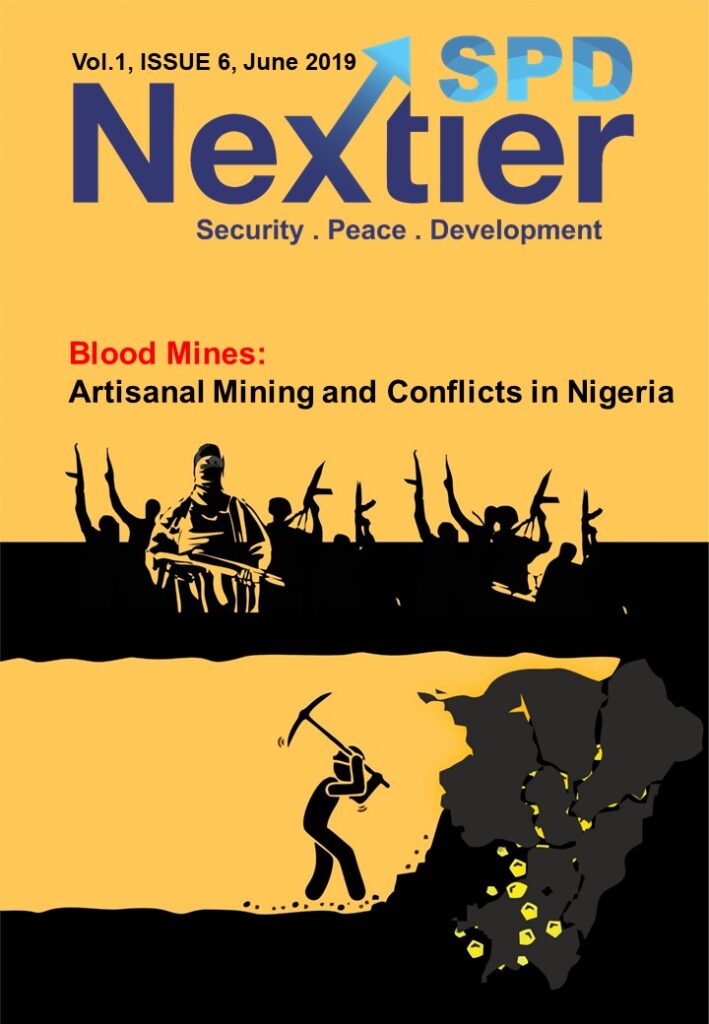Plateau State which used to bear the appellation ‘Home of Peace and Tourism’ has metamorphosed into a killing field in recent years on account of sectarian violence. The 3.2 million populations of the state are composed of over 50 ethnic groups out of Nigeria’s 374 groups, making the state a miniature Nigeria in terms of diversity. However, cyclical violence on the Jos Plateau has exerted a huge toll on lives, investments, mutual trust, and the national image. The conflicts between the indigenes and the Jasawa have been further fuelled by the relegation of a single citizenship, leading to ‘us versus them’ violent struggle for power, land, pasture, water and other forms of scarce public goods.
The Plateau State government estimated that over 7,000 lives were lost to violence in the state between 2001 and 2015 (Plateau Peace Building Agency, 2018). Without sign of abatement, estimates by Nigeria Security Tracker reveal that in 2018 alone, a total of 2,037 conflict-related deaths were recorded in the North-Central region including Plateau State. In contrast, only 1,041 of such deaths were recorded in 2017.
These figures even slightly exceeded the 2,016 deaths perpetrated by Boko Haram in the North-East in the period under review (Harwood, 2018). Though the narratives of grievances of the conflict actors have been wrapped up in religious idiom, yet the political elite in Plateau State have often manipulated the conflicts for their selfish agendas. The major trigger of the recurrent conflicts since 1999 has been political intrigues.
Following these developments, this edition of Nextier SPD Monthly examines the implications of endless conflicts in Plateau State and makes recommendations on how to tackle them.
Click here to download report.



